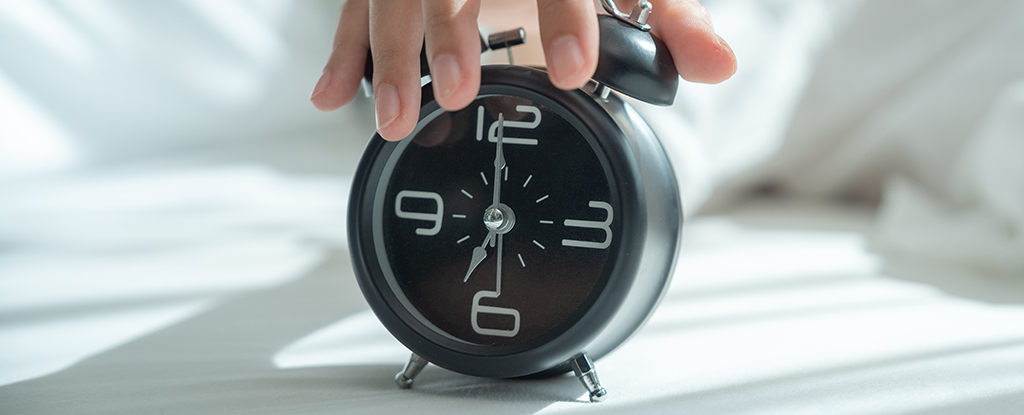The act of pressing the snooze button in the mornings may not have as negative an impact on our well-being as previously believed, as indicated by recent research. In fact, for certain individuals, it may even enhance cognitive performance levels.
Previous investigations have focused on the detrimental effects of snoozing on our sleep patterns, suggesting that short mini-cycles of five or ten minutes are not beneficial for our bodies. However, a recent study conducted by researchers from Stockholm University in Sweden and Monash University in Australia challenges this notion.
The researchers examined 31 individuals who habitually snooze in laboratory conditions and discovered that an additional 30 minutes of snoozing either had no impact or actually improved their cognitive abilities on a task undertaken immediately after waking, in comparison to regular snoozers who were compelled to abruptly wake up.
"The findings suggest that there is no rationale for discontinuing snoozing in the morning if one finds it enjoyable, at least not for snooze periods around 30 minutes," states sleep scientist Tina Sundelin from Stockholm University.
"In fact, it may even aid individuals with morning drowsiness in feeling slightly more alert upon awakening."
These 30 minutes of snooze time were comprised of three intervals of delay lasting 9 to 10 minutes each. In contrast to sleeping continuously for that half-hour, the repeated calls to wake up resulted in an average loss of 6 minutes of sleep per night.
In addition to the cognitive enhancement observed in some participants, the researchers also propose that snoozing may enable waking up from a lighter stage of the sleep cycle, rather than being abruptly awakened from a deep sleep, which could be more gentle on the body.
No disparities were observed between snoozing and not snoozing in terms of mood levels, stress, morning sleepiness, or sleep architecture (the various cycles we naturally experience while sleeping).
The team also conducted a survey involving 1,732 volunteers to gauge the prevalence of snoozing. The results revealed that 69 percent of respondents admitted to hitting the snooze button or setting multiple alarms at least "sometimes". Snoozers tended to be younger and more inclined toward evenings rather than mornings, with an average snooze duration of 22 minutes.
Within the larger sample, morning drowsiness and shorter sleep were more commonly reported among snoozers. The researchers do acknowledge that snoozing has the potential to fragment sleep, while also highlighting some of the benefits observed. Ultimately, the conclusion, much like previous studies, depends greatly on the individual.
"A brief period of snoozing may therefore help mitigate sleep inertia, without significantly disrupting sleep, for late sleepers and those experiencing morning drowsiness," write the researchers in their published paper.
The research findings have been published in the Journal of Sleep Research.

0 Comments